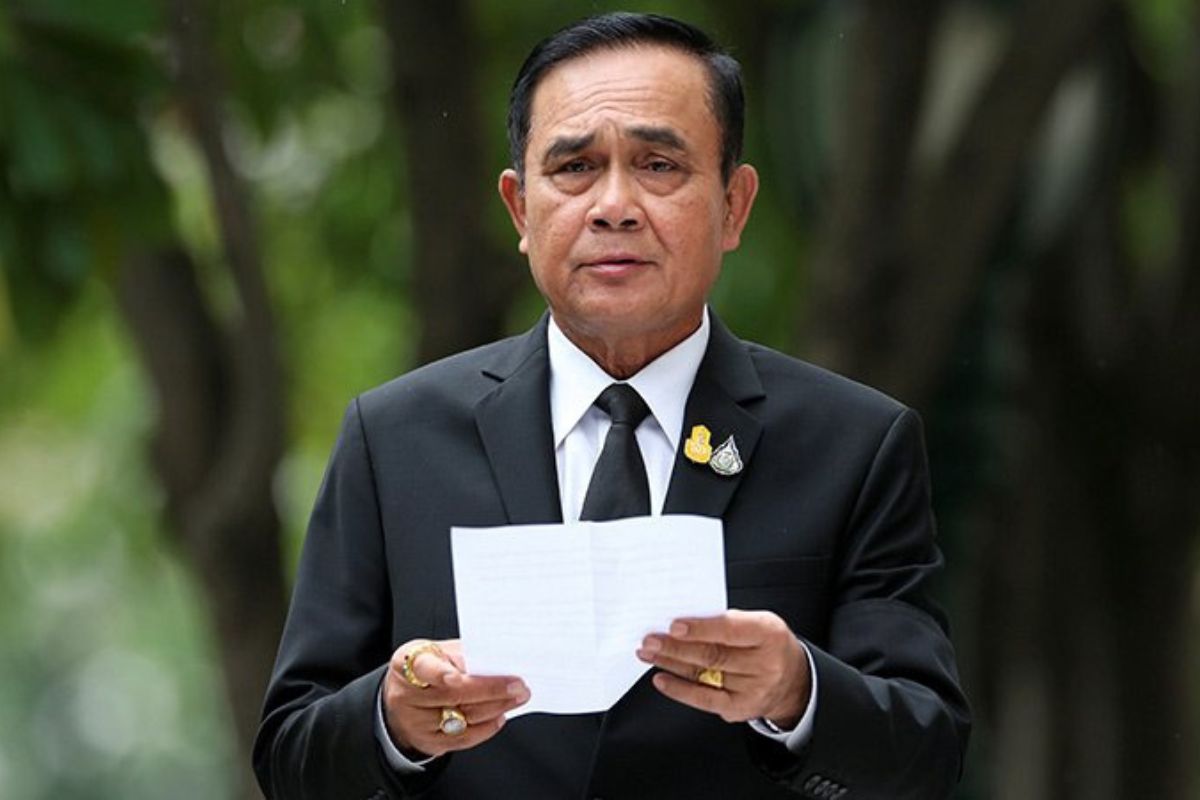In a very figurative sense, the Thai soup might taste less delectable with last Wednesday’s decision of the country’s Constitutional Court to suspend the Prime Minister, Prayuth Chan-ocha, from his duties, thus putting the office of head of government in suspended animation. After no less than eight years, the court will decide whether the man, who spearheaded the military coup in 2014, had violated constitutional limits. Clearly, the position of the executive, including the royalty, has been overshadowed by the judiciary. If the country’s narrative is any indication, the court has generally ruled in the government’s favour in a welter of cases. Ergo, it is unlikely that the judiciary will permanently oust the Prime Minister out of office. Nonetheless, any decision to force Prayuth to continue as head of government will lend an impetus to the protest movement that has long sought to oust him and reopen the fissures in Thai politics that have, as often as not, ignited violence.
It would be pertinent to underline that when Prayuth initially assumed power in a coup, he had secured the office legally after a general election in 2019. In a change of guard intrinsically for now, the Deputy Prime Minister, Prawit Wongsuman, a close political ally of Prayuth and part of the same military clique that staged the coup, will take over as acting Prime Minister. Observers contend that the choice of Prawit, who is closely associated with Prayuth, is not likely to mollify critics of the establishment in Bangkok. Prayut has respected the court’s decision and urged others to do the same. Prayuth’s detractors contend that he has violated a law that limits Prime Ministers to eight years in office. They claim that he hit the threshold on Tuesday primarily because he officially became Prime Minister on 24 August 2014 following the election. It is hard not to wonder whether the current move to suspend his authority is embedded in the coup that he had spearheaded in 2014.
Advertisement
Or whether he had violated the tenure limits as stipulated by the constitutional court. Hoi-polloi in Bangkok and further afield has been kept guessing about the actual objective. Suffice it to aver that the nation might be gearing up for his replacement. Thailand, to say the least, might have to countenance a bout of instability, though violence may not be on the cards. His spirited supporters contend that his term should be counted from the date when the current Constitution, which boasts the termlimit provision, came into force in 2017. Going by yet another interpretation, “the clock starts in 2019” i.e. after the election. The plot thickens with a group that constitutes the leadership of the main protest movement seeking to oust Prayuth having again demanded on Wednesday that he step down.
A version of this story appears in the print edition of the August 29, 2022, issue.











